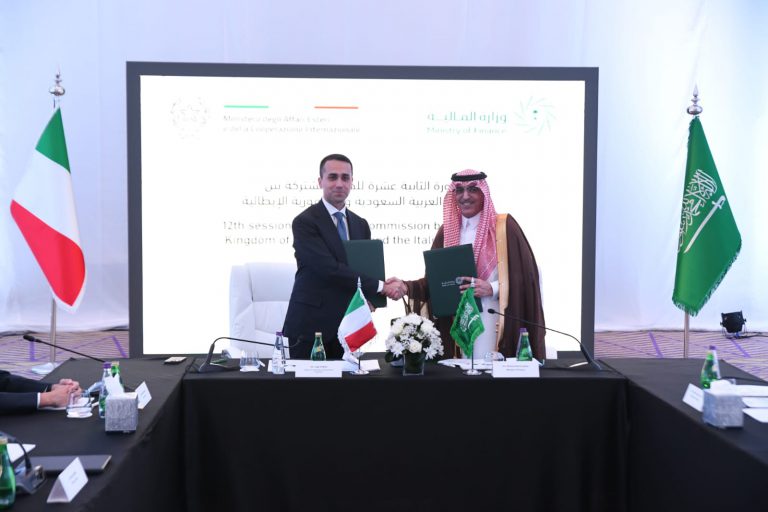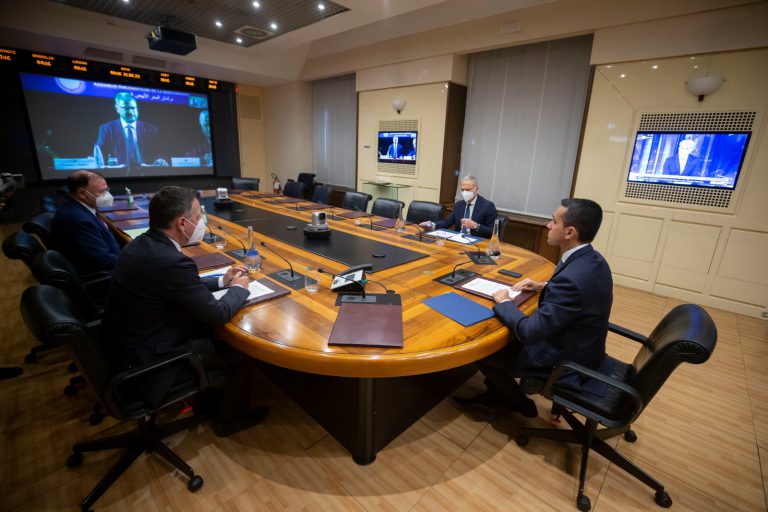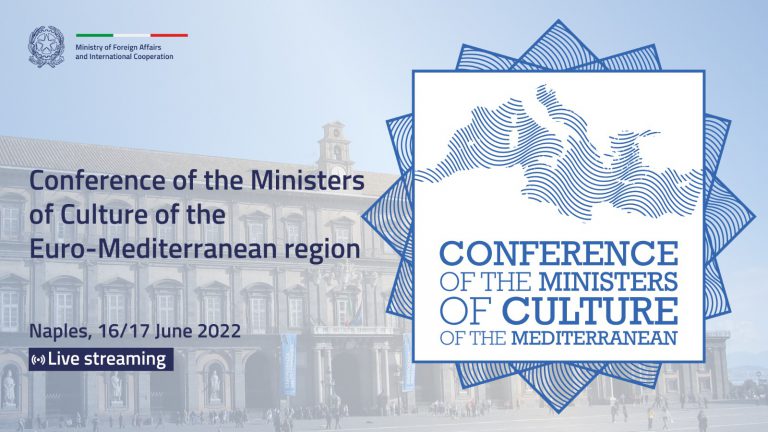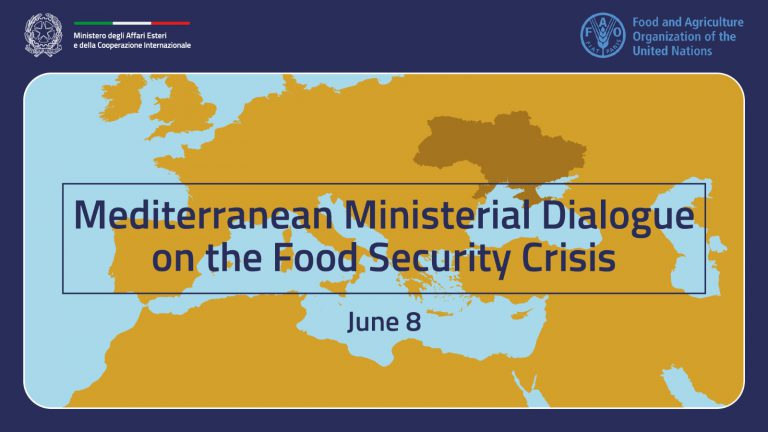The Arab spring has forced Europe to “reset” its relations with the Mediterranean. For twenty years now, since the end of the Cold War, Europe’s attention has been trained on Eastern Europe with the legitimate, and widely agreed, goal of reunifying a continent far too long artificially divided. The Balkan crises ended up absorbing what was left of European policy-making energy. That attention was at the expense of our Mediterranean neighbours, who took second place on the European political agenda. The laborious Barcelona Process launched in 1995 failed to make a difference and remained stymied by a zig-zagging peace process, but 9/11 abruptly refocused the attention of Europe and the West toward the Middle East and the Mediterranean on security. With terrorism a priority Europe and the West were forced to forge “marriages of convenience” with the region’s authoritarian regimes. The democratic revolutions now under way in the Arab world, and Europe’s nearly complete eastern agenda (enlargement of the Balkans obviously needs to be completed), necessarily relocates the Mediterranean at the centre of the European Union’s agenda. This is a unique opportunity for Europe and for the consolidation of its role as a global actor, and for Italy and the countries of the northern shores of the Mediterranean, whose vital security, economic and cultural interests are closely linked with developments in the Mediterranean; just as the countries of the southern shores, whose strong anchorage to Europe facilitates their modernisation and overall development. That is why, from the very beginning, I have placed the Mediterranean and the Middle East at the centre of my diplomatic efforts, and appointed a special envoy for the region, who is Maurizio Massari. How do we view relations between Europe and the Mediterranean countries? We believe that the democratic processes under way in that region are setting the stage for the countries of the two shores to cultivate a new type of relationship. Neither the old “marriages of convenience” nor the various solutions imposed by Brussels. Rather the definition of “true” and equal partnerships based on fully shared values – democracy, rule of law, respect for human rights and minorities, especially religious ones – and interests (security in all its various aspects, including energy and food; economic and social development). Through these partnerships we intend to gradually bridge the Mediterranean gap and create a common “Euro-Mediterranean house”. It is this de facto concept of integration and common house that, in our view, should also be the basis for the various, and complementary, existing instruments: from the European Union Neighbourhood Policy to the Union for the Mediterranean and the 5+5 format.
The 5+5 ministerial meeting (five countries along the northern shores: Italy, France, Spain Portugal and Malta; and the five along the southern shores: Algeria, Morocco, Tunisia, Libya and Mauritania), which Italy and Tunisia are co-chairing today in Rome, intends to launch a new platform for dialogue through new proposals for concrete collaboration in a series of sectors ranging from security to economic development – particularly of small and midsized enterprises – and cultural and civil society exchanges.
Among other things, decisions will be made on the creation of an early warning system to confront common Mediterranean threats and of a dialogue between civil societies, and a date will be set for a 5+5 summit of heads of state and government, which will serve to bear witness to the common political intention to boost cooperation between the two shores of the Mediterranean. From this point onward, and in association with the Union for the Mediterranean, the 5+5 will also follow up on collaborative initiatives in all sectors through a permanent consultation mechanism. The 5+5 intends to become a factor that also gives impetus to the re-launch of European Union regional policies – a sort of “Friends of the Mediterranean Group” – an historic moment in relations with the southern Mediterranean that European policy cannot afford to miss if it wants to avoid the risk of going “out of business”.







